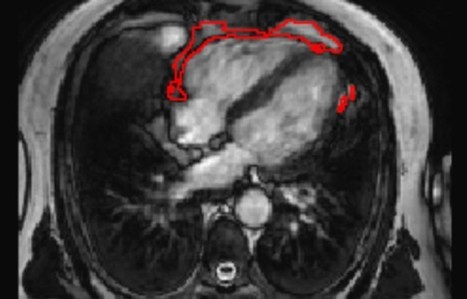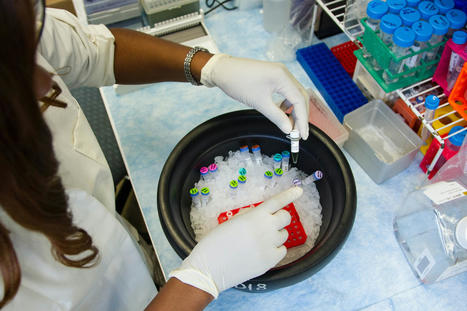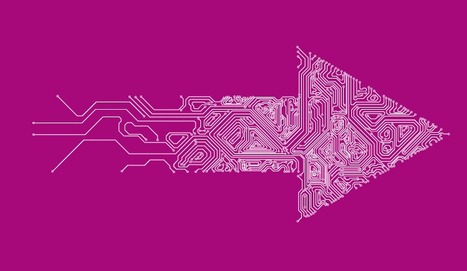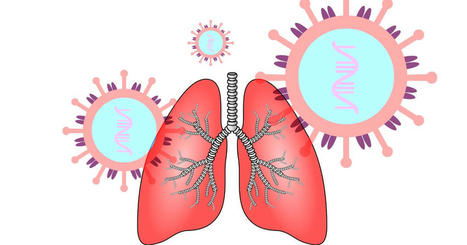The distribution of fat in the body can influence a person's risk of developing various diseases. The commonly used measure of body mass index (BMI) mostly reflects fat accumulation under the skin, rather than around the internal organs. In particular, there are suggestions that fat accumulation around the heart may be a predictor of heart disease, and has been linked to a range of conditions, including atrial fibrillation, diabetes, and coronary artery disease.
A team led by researchers from Queen Mary University of London has developed a new artificial intelligence (AI) tool that is able to automatically measure the amount of fat around the heart from MRI scan images.
Using the new tool, the team was able to show that a larger amount of fat around the heart is associated with significantly greater odds of diabetes, independent of a person's age, sex, and body mass index.
The research team invented an AI tool that can be applied to standard heart MRI scans to obtain a measure of the fat around the heart automatically and quickly, in under three seconds. This tool can be used by future researchers to discover more about the links between the fat around the heart and disease risk, but also potentially in the future, as part of a patient's standard care in hospital.
The research team tested the AI algorithm's ability to interpret images from heart MRI scans of more than 45,000 people, including participants in the UK Biobank, a database of health information from over half a million participants from across the UK.
The team found that the AI tool was accurately able to determine the amount of fat around the heart in those images, and it was also able to calculate a patient's risk of diabetes
read the research published at https://www.frontiersin.org/articles/10.3389/fcvm.2021.677574/full
read more at https://www.sciencedaily.com/releases/2021/07/210707112427.htm
also at the QMUL website https://www.qmul.ac.uk/media/news/2021/smd/ai-predicts-diabetes-risk-by-measuring-fat-around-the-heart-.html



 Your new post is loading...
Your new post is loading...
















